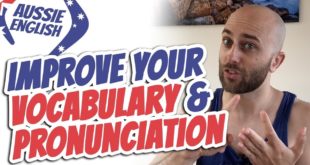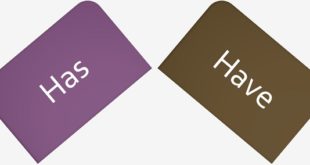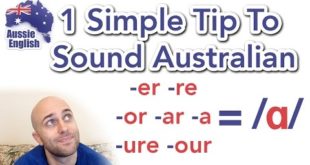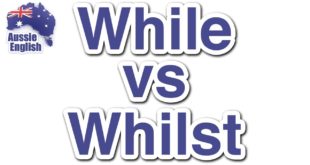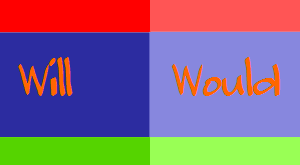What’s going on guys? Happy New Year! (It’s the) first video of the New Year. I have a question here from Haze Moznur Rahman. I hope I said that right. (I) probably didn’t. In fact, I’m certain I didn’t. Anyway, Haze, you had this question. Okay, so he asks, “I’m …
بیشتر بخوانید »بایگانی/آرشیو برچسب ها : aussie pronunciation
Like A Native: A Fair Call / Fair Call
Hey guys. Welcome to this episode of Aussie English. I hope you’ve all been well. I hope you’ve been having a good week or a good month or a good year. I hope everything’s going well on your end. Sorry I haven’t been doing a lot of episodes more recently. I’ve …
بیشتر بخوانید »Pronunciation: Contracting HAS & HAVE onto QUESTION WORDS
Today, in this episode we’re going to be contracting the words HAS and HAVE onto seven different question words. So, we’ve obviously gone over both HAS and HAVE in previous episodes, but in this episode we’re going to do them both in the same episode. So, you guys are going …
بیشتر بخوانید »To Borrow vs To Lend
To borrow and to lend, what is the difference? And you’re not alone, this is the kind of verb that gets confused, even by natives sometimes, especially I guess, younger kids learning to use the stuff but I definitely hear it all the time, you’re not alone, this is made …
بیشتر بخوانید »/Simple Tip To Sound Australian – /ɑ
1 Simple Tip To Sound Australian – /ɑ/ G’day guys. Welcome to this episode of Aussie English. Today I want to talk to you about 1 simple trick to sound more like an Aussie when you speak English. Let’s go. So, this one simple trick is words that end with -er, -or, …
بیشتر بخوانید »While vs Whilst
What’s the difference between “while” and “whilst” says Duy, and I hope I’m saying that correct, Duy. “While” and “whilst”, “whilst*”. I would use these interchangeably. They’re exactly the same thing. “Whilst” is probably rarer, slightly less common, although I would use that. So that might be a little elevated …
بیشتر بخوانید »A Simple Tip To Sound Australian: The Muted T
So today’s lesson is going to be focusing on muting the T in words and at the ends of words when it’s preceded by an N. So when you have an N and a T in a word or at the end of words quite often we mute the T …
بیشتر بخوانید »5Expressions To Sound More Australian
G’day Expression number one. “G’day”. Good day. You can say this as in “Hello”, “Hi” or “Hey”. See someone you know in the street? “G’day”. See a mate? “G’day mate!” Maybe you walk into a classroom, you’re a teacher, and you greet everyone in the class. “G’day guys!” Or maybe …
بیشتر بخوانید »Words To Mispronounce To Sound Like A Native
11 Words To Mispronounce To Sound Like A Native So often spoken English is different from how it’s written, and the reason this occurs is because we’re trying to convey ideas by speaking, obviously, as quickly as possible. And a lot of the time correctly pronouncing these words doesn’t lend …
بیشتر بخوانید »تفاوت کلمات could can, would will, shall should
What’s the difference between COULD, CAN, WOULD, WILL, SHALL and SHOULD? Can & Could So “can” and “could” are the same as “to be able to”. And “can”, “could” and “to be able to” are used to express a variety of different ideas in English. I might just go through …
بیشتر بخوانید » ایرانیان استرالیا Australia Iran بزرگترین جامعه ایرانیان ساکن استرالیا Australia Iran
ایرانیان استرالیا Australia Iran بزرگترین جامعه ایرانیان ساکن استرالیا Australia Iran

